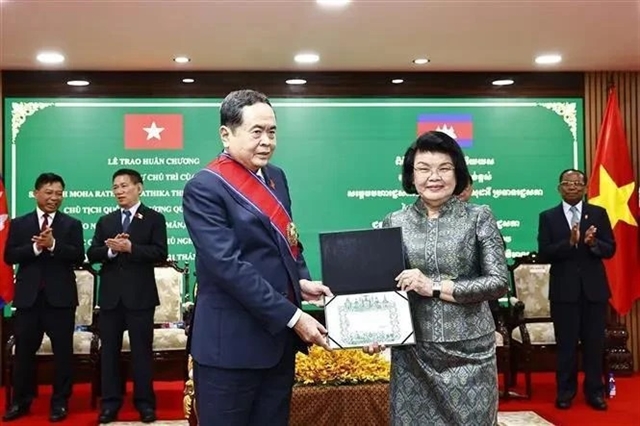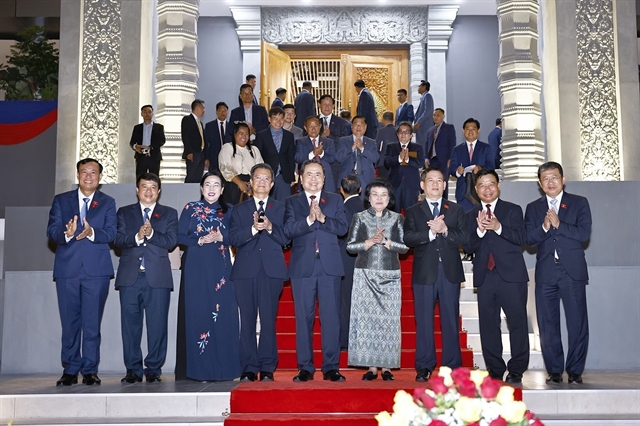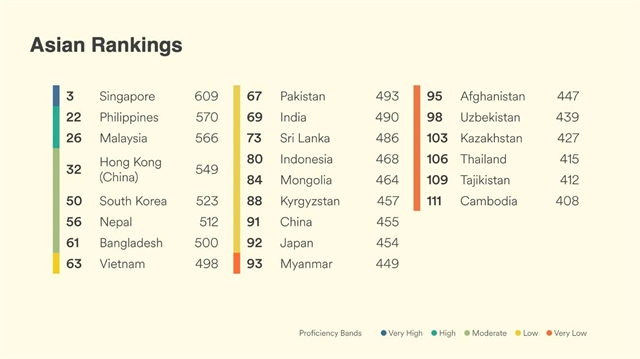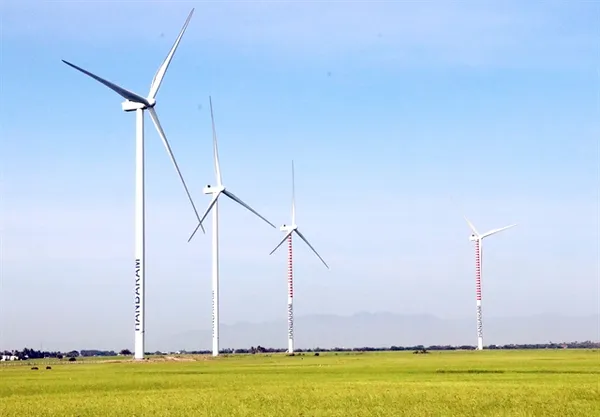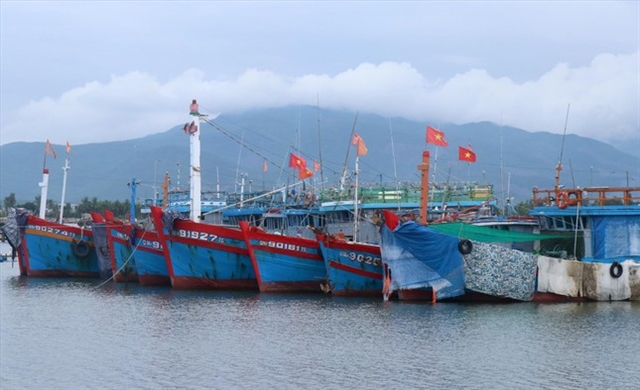 Economy
Economy
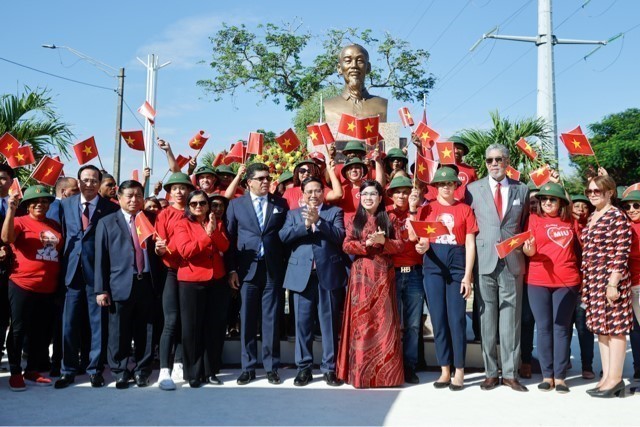
Minister of Planning and Investment Nguyễn Chí Dũng talks to Thời báo kinh tế Việt Nam (Việt Nam Economic Times) about FDI’s pros and cons
 |
| Minister of Planning and Investment Nguyễn Chí Dũng. — Photo MPI |
Minister of Planning and Investment Nguyễn Chí Dũng talks to Thời báo kinh tế Việt Nam (Việt Nam Economic Times) about FDI’s pros and cons
Việt Nam has attracted Foreign Direct Investment (FDI) for more than three decades. What is your assessment of its achievements?
After 30 years of Đổi mới (renewal) reform, Việt Nam is believed to have become a nation luring FDI successfully in the region. The FDI sector is a major part of the national economy. It can be named in seven achievements.
First it creates more financial support by opening a new channel for investment and development in Việt Nam. The FDI sector now contributes about 25 per cent to the total investment capital of the country and about 20 per cent of Gross Domestic Product (GDP).
Secondly, the FDI sector helps boost the economic restructure, for example, it focuses on developing services and industrial sectors. Right now, about 58 per cent of FDI capital has been spent for developing, processing and manufacturing industries.
The third achievement is the FDI sector boosts export. It accounted for more than 72 per cent of the total export value in 2017.
The next achievement is it has created more jobs for the domestic economy. It is estimated the FDI sector offers 3.5 million direct jobs and nearly five million indirect jobs for the economy, with many labourers receiving high-quality training in technology and management.
Fifthly, the sector also contributes much to the State budget. The sixth is the role it plays enhancing the economic integration on a global scale and raising the status of Việt Nam in the international arena. Finally it generates pressures for Việt Nam to improve the institutions of the socialist-oriented market economy and lift the competitiveness of the economy.
Although the contribution of the FDI sector to the economy is significant, some shortcomings are still found. So, what are the shortcomings?
At first, it should be a shortcoming in technology. The FDI sector helps to bring some advanced technologies to Việt Nam. However, source technologies that are expected to be used to boost the economic growth have yet to show effectiveness as expected. In some specific cases, the technologies even cause bad effects to the environment.
Also the implementation of regulations of several FDI companies is poor so that cheats, commercial frauds and damages to the environment are still discovered.
The co-operation between the FDI companies and domestic companies is not strong enough to support the domestic companies to develop. The FDI companies now mainly focus on assembling, using cheap-price labourers and taking advantages offered by the Vietnamese Government.
Boosting the co-operation between the FDI companies and domestic companies is one of important ways to increase added value and enhance the economic development. What is our upcoming plan to boost that?
Firstly, we should find the answer for the question why the co-operation is still weak. The reason is that the level of technologies of domestic companies is limited and their ability of researching, renewing and creating is also low. Thus, it leads to the domestic companies having little chance to co-operate or join hands with the FDI companies in supply or production chains. The difference of scale, technology and management skills between the domestic companies and the FDI companies is still big. Thus, the domestic companies have failed to connect smoothly with the FDI companies.
Another reason is the FDI companies already have their own supply and production systems. The systems are often offered by their parent companies and partly come from other companies which belong to the FDI-company group. Therefore, if the domestic companies fail to meet their requirements, they have no chance to co-operate with the FDI companies.
Actually, the chance for the domestic companies to co-operate with the FDI companies is very small. The competing capacity of the domestic companies with Chinese or Thailand companies specialised in producing cheap-price commodities is also limited because the domestic companies’ production expense is much higher than theirs.
It is identified as one of the weaknesses in our current policies of developing supporting industry in Việt Nam. The weakness requires us to quickly adjust the policies such as encouraging the foreign companies in providing training, and co-operating with the domestic companies to help Việt Nam in boosting its supporting industry. The Government is advised to issue policies to encourage the development of private sector, aiming to put a higher pressure to our domestic companies to raise their competing capacity so that they can co-operate with the FDI companies in the coming time.
Only when our domestic companies reach at the same level with the FDI companies, could they co-operate with the FDI companies. If not, there is no connection.
The concept of luring FDI capital with high quality and large added value has been implemented over three decades. Is there any change in the coming time?
It is now the important time for Việt Nam to review and draw experiences after three decades of implementing policies to attract FDI capital. We need changes to fit with the new context of our economy. We should select hi-tech projects, projects of transnational corporations that cut down their cheap-labour resource and input materials in order to create a developing motivation for our domestic companies.
Lastly, I want to send my thanks to the FDI companies that contribute to Việt Nam’s development over the past years. I hope the FDI companies would continue contributing to the country development in the coming time. Let’s dream the same dream for a prosperous Việt Nam.— VNS

